Supreme Court Freezes Lower Court Ruling on Virginia Voter Roll Dispute
The Supreme Court on Wednesday intervened in a Virginia voting rights case, temporarily suspending a federal court order that mandated the state reinstate around 1,600 individuals to its voter rolls. The decision represents a provisional win for Virginia Governor Glenn Youngkin, who, alongside Attorney General Jason Miyares, challenged the ruling issued by a federal judge in Alexandria.
The dispute centers on whether Virginia's process of removing potential noncitizens from voter rolls violates the National Voter Registration Act (NVRA), particularly the "quiet period" provision. This federal regulation mandates a 90-day halt on systematic voter roll adjustments ahead of a federal election. The U.S. Department of Justice filed a lawsuit earlier this month, asserting that Virginia's practice breached NVRA protections, citing concerns that eligible voters might have been improperly removed with insufficient notice to rectify their status.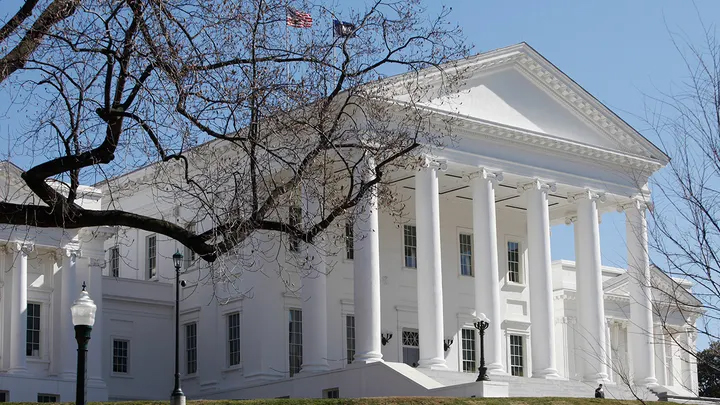
Governor Youngkin defended the state’s removal process, describing it as individualized rather than systematic. He argued it complies with both state and federal requirements, emphasizing a distinction between Virginia’s approach and broader, systematic voter roll purges that the NVRA targets. "This decision reflects a win for fair and commonsense election practices," Youngkin stated, commending Attorney General Miyares for his efforts to "safeguard the fundamental rights of U.S. citizens."
Virginia's voter roll maintenance process began in August and involved cross-referencing voter registration lists with a self-reported noncitizen list provided by the state’s Department of Motor Vehicles (DMV). Those flagged were notified that they had 14 days to provide citizenship verification or risk having their registration canceled. The Department of Justice argued that implementing such a policy so close to the November 5 elections violated the NVRA’s quiet period, with a federal judge concurring last week by ordering Virginia to halt the removals and reinstate affected individuals.
In response, Attorney General Miyares filed an emergency appeal to the Supreme Court, contending that the NVRA does not extend protections to "self-identified noncitizens" and challenging the broad interpretation of the law by the Justice Department. Attorneys general from 26 Republican-led states echoed these objections in an amicus brief supporting Virginia’s case, arguing that the state’s process is based on individual reviews, not mass removals, and urging the Supreme Court to uphold Virginia’s approach as lawful.
The outcome of the case could have significant implications for election law and state autonomy over voter eligibility, particularly as states continue to refine voter roll maintenance practices. With election day looming, the Supreme Court’s intervention ensures continued scrutiny over Virginia’s policies and broader implications for federal election regulations.
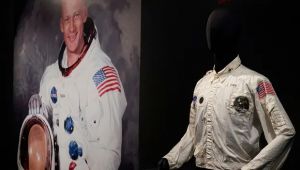






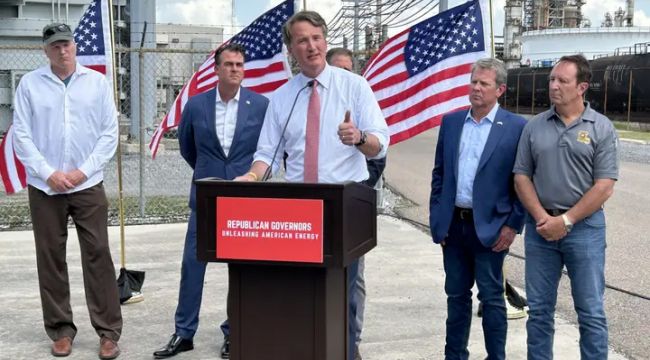

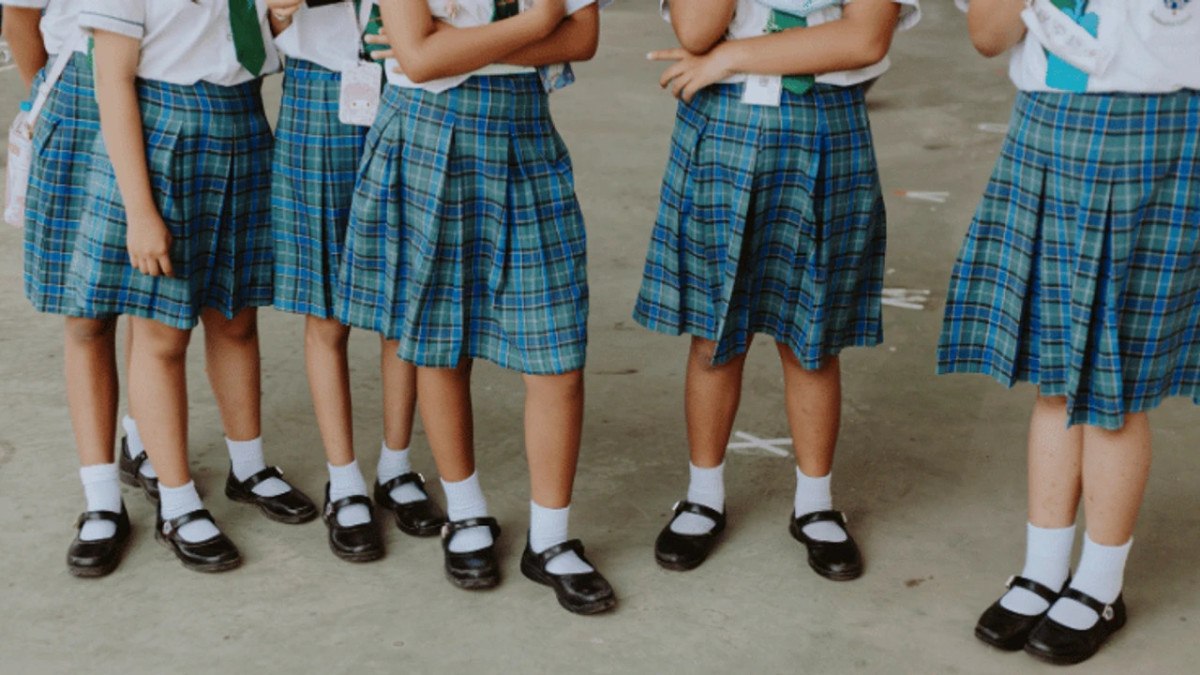
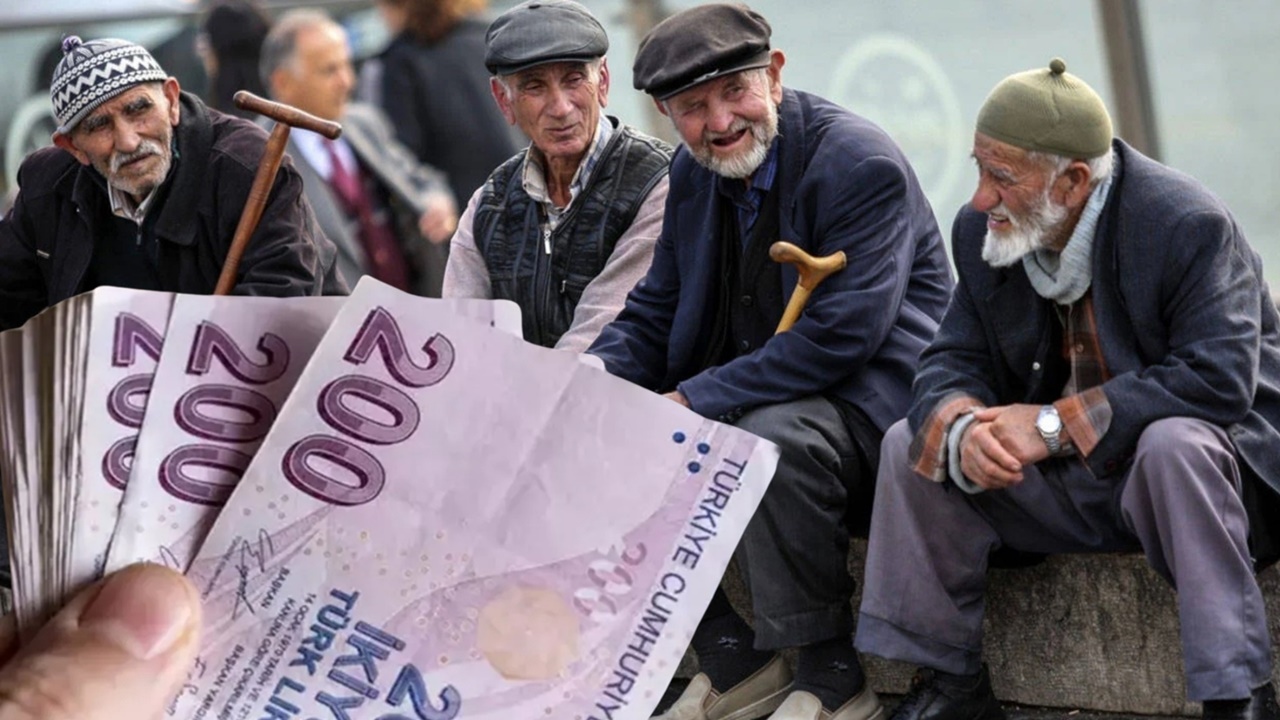

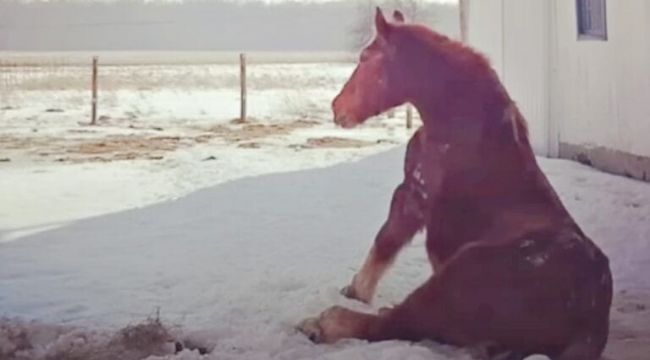

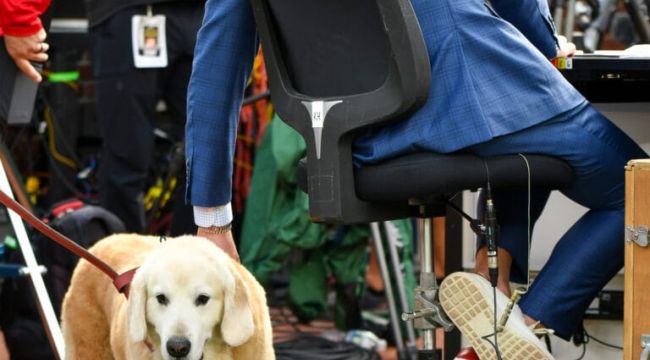

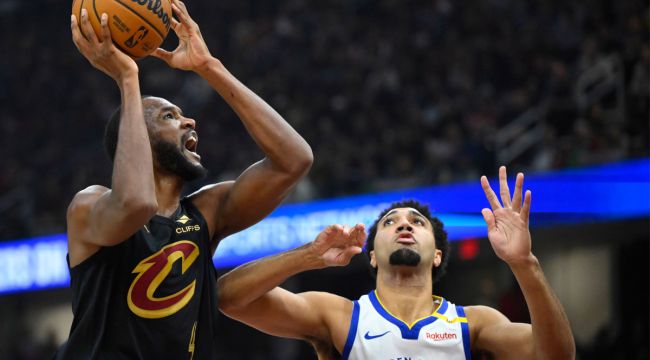
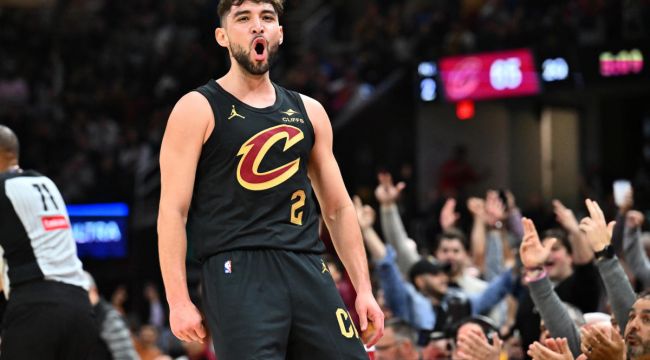
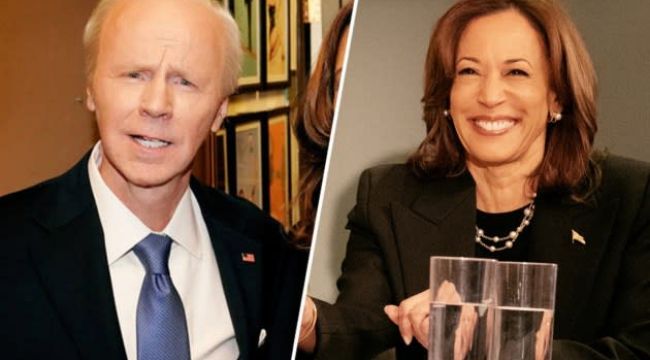
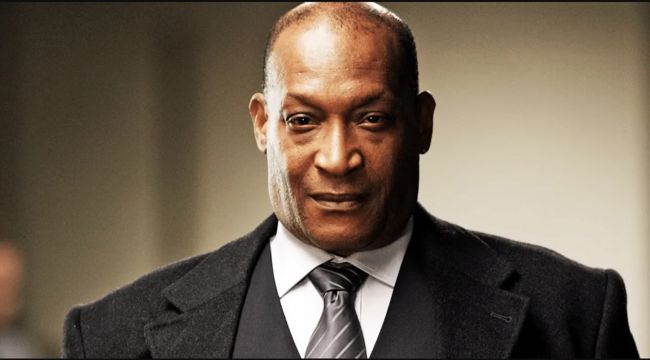
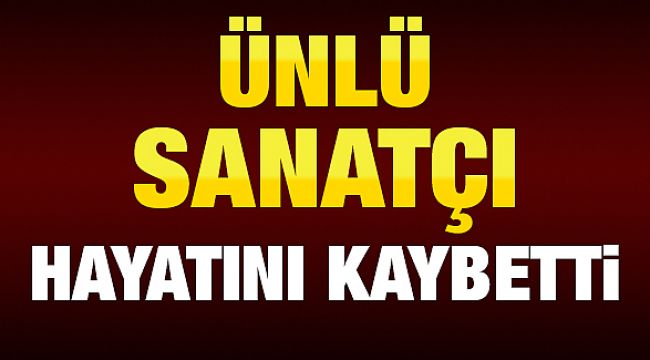
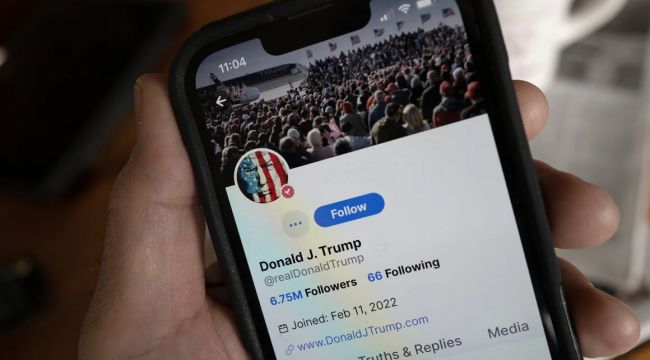



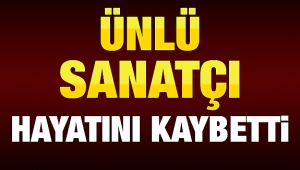
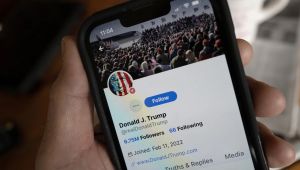
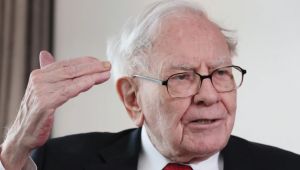
COMMENTS